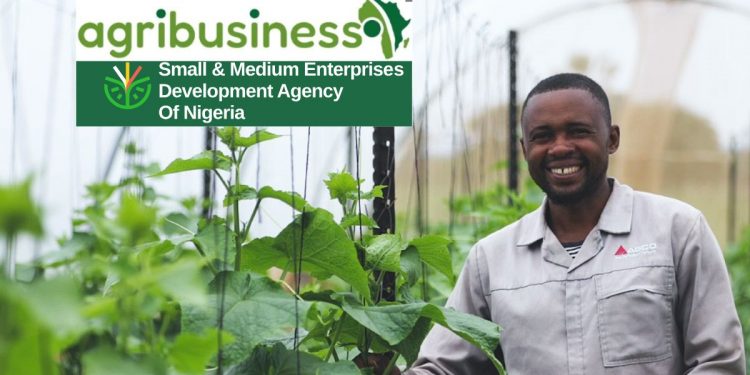Agricultural small and medium enterprises (SMEs) in Nigeria are gaining increased access to funding and growth opportunities as stakeholders push for stronger financial linkages and business support systems within the sector.
This renewed push comes amid persistent financing gaps faced by agribusinesses, which continue to struggle with limited access to affordable credit, poor infrastructure, and weak value chain linkages. The two-day forum in Lagos gathered key players from across the ecosystem — including financial institutions, business development service providers (BDSPs), government agencies, and agripreneurs — to develop practical strategies for financing and scaling operations.
Experts at the forum stressed that while Nigeria’s agricultural sector holds vast potential for job creation and food security, many small businesses remain constrained by fragmented support systems. They noted that building stronger financial pipelines, improving technical capacity, and fostering collaboration among ecosystem actors are critical to unlocking the sector’s full potential.
Dr. Nnenna Ugwu, Head of Alumni Relations and Support Services at the Enterprise Development Centre (EDC), explained that strengthening SME support goes beyond access to capital. She noted that targeted business training, mentorship, and linkages to funding institutions are essential for sustainable growth.
Country Director for AGRA, Dr. Rufus Idris, also highlighted the need to reinforce the BDSP ecosystem to ensure agricultural SMEs can tap into the right skills and advisory support required to grow their businesses sustainably.
Panel sessions and strategy discussions during the forum explored ways to address structural bottlenecks in Nigeria’s agric-finance space. Stakeholders examined how innovative financing models, blended finance, and partnerships between the public and private sectors could help reduce lending risks and attract more investments into the sector.
For many SME operators, the conversations reflect a broader shift toward solutions that combine finance with capacity-building. Participants shared challenges around high interest rates, collateral requirements, and inconsistent policies, stressing the need for tailored financial products and predictable regulatory environments.
Through initiatives like these, stakeholders aim to build a more coordinated ecosystem that enables agricultural SMEs to access the capital, expertise, and networks they need to scale operations, reduce post-harvest losses, and contribute meaningfully to national food security and economic growth.










